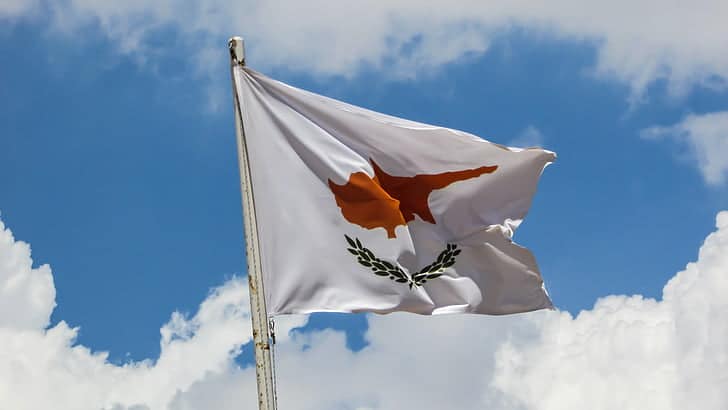A new bilingual publication highlighting Cyprus’ living heritage has been unveiled by the Cyprus national commission for Unesco, marking a milestone in efforts to preserve the island’s cultural identity.
Titled ‘Cyprus living heritage’, the release includes 65 elements listed in the National Inventory of Intangible cultural heritage, as well as the six Cypriot traditions recognised by Unesco’s representative list.
Described as a unique and modern record, the book captures vivid images and stories of Cypriot people, places, and traditions. From the rhythmic steps of traditional dances and the sacred chanting of Byzantine hymns, to the delicate lacework of Lefkara and the age-old skills of pottery and weaving – the collection brings together the heart of Cyprus’ intangible culture.
The edition also features inventive farming practices and the preparation of sweet treats, reflecting the island’s renowned hospitality. It combines field photography with community insight, showcasing living customs passed from one generation to the next.
The research and editorial work was led by Dr Antigoni Polyniki, with photography by Nikos Louka and Emma Louise Charalambous.
During a modest ceremony on Friday at the deputy ministry of culture, the book was officially handed over to Deputy Minister Dr Vasiliki Kassianidou by Dr Marina Solomidou Ieronymidou, president of the Unesco commission.
Dr Ieronymidou expressed gratitude to the communities and individuals who contributed to the project, as well as to the research centre and press and information office for providing supporting material. She also praised the long-standing partnership with the ministry, which has supported efforts to protect cultural elements that continue to thrive across generations.
Dr Kassianidou congratulated the team behind the publication and reaffirmed the government’s commitment to backing the commission’s work. She stressed the importance of safeguarding traditional knowledge and practices at a time when many face the risk of fading away.
The publication is available online via the Cyprus national commission for Unesco website: https://t.ly/YvZh7.






Click here to change your cookie preferences